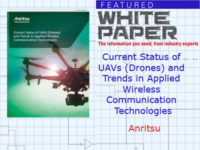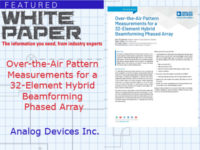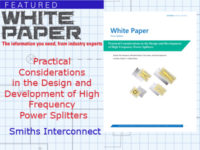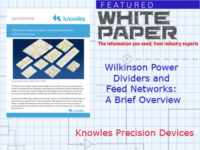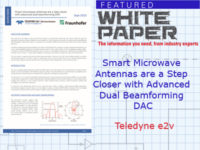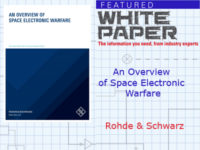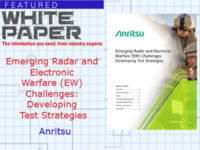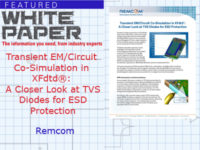Require Registration
2024-MEDIA-KIT-INTERACTIVE.pdf
September 29, 2023
Current Status of UAVs (Drones) and Trends in Applied Wireless Communication Technologies
September 14, 2023
Standardizing Space Ovenized Crystal Oscillators for Lower Cost and Faster Delivery
September 14, 2023
Over-the-Air Pattern Measurements for a 32-Element Hybrid Beamforming Phased Array
September 14, 2023
Practical Considerations in the Design and Development of High Frequency Power Splitters
September 14, 2023

